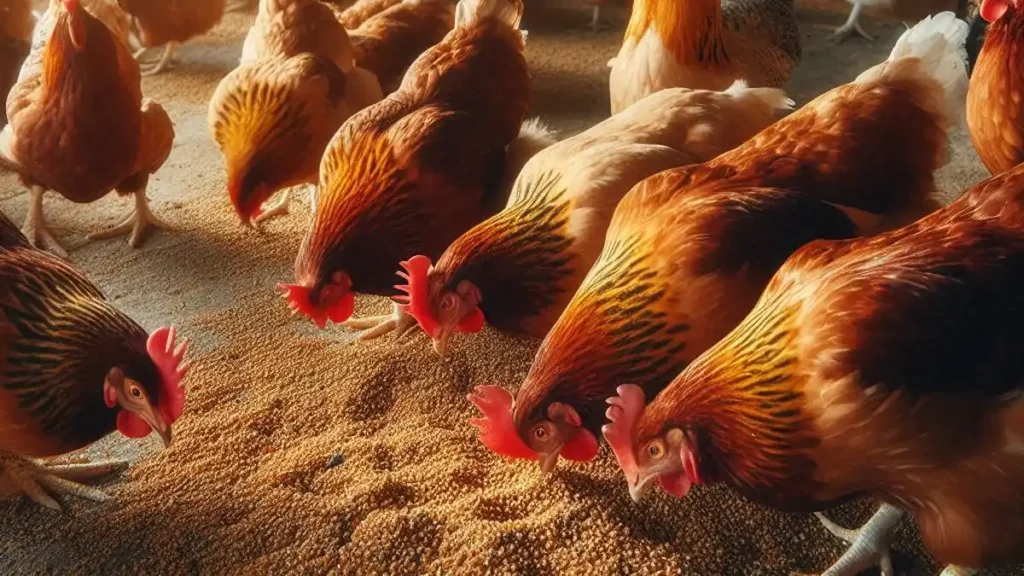Purdue University researcher Paul Ebner and his team have developed a patent-pending bacteriophage treatment that effectively reduces colonization of avian pathogenic E. coli in chickens.
Purdue University

Researchers at Purdue University’s College of Agriculture have announced the development of an innovative antibiotic-free treatment for avian pathogenic E. coli (APEC), a significant breakthrough in poultry health management. Led by Paul Ebner, the interim head and professor in the Department of Animal Sciences, the team has created a bacteriophage treatment aimed at reducing the need for antibiotics in poultry, particularly in low- and middle-income countries.
Revolutionizing Poultry Health with Bacteriophage Treatment
The bacteriophage treatment developed by Ebner’s team effectively reduces APEC colonization in chickens. Bacteriophages are viruses that exclusively target and replicate within bacterial cells. This novel approach involves multiple bacteriophages, each selected for their activity against prevalent APEC strains.
“Our goal is to create technologies that minimize antibiotic use in food animals,” Ebner explained. “The emergence of antibiotic resistance has led to restrictions on previously approved antibiotics in poultry production. Our treatment, combined with good flock management, can significantly reduce the need for antibiotics in maintaining bird health.”
Patent-Pending Technology and Global Impact
The Purdue Innovates Office of Technology Commercialization has filed a patent application with the U.S. Patent and Trademark Office to protect this breakthrough bacteriophage technology. Ebner’s team isolated seven bacteriophages that successfully lysed 90% of the tested APEC strains. In treated chickens, the bacteriophage treatment significantly reduced APEC levels in the lungs and ceca without affecting growth or performance. Furthermore, the birds did not develop immunity against the bacteriophages.

Oral Delivery and Microencapsulation Process
The treatment employs a microencapsulation process for oral delivery, ensuring the bacteriophages survive the harsh conditions of the gastrointestinal tract. This method allows more viable bacteriophages to reach the sites of infection, enhancing the treatment’s effectiveness.
Initially developed for use in Pakistan and other low- and middle-income countries, this treatment has broader applications. Ebner collaborated with Nicole Olynk Widmar, interim head and professor in the Department of Agricultural Economics, to conduct a willingness-to-pay study in Pakistan. “Consumers are willing to pay premiums for chicken produced using bacteriophages instead of antibiotics,” said Ebner. “We are also working to identify adoption barriers among poultry producers and animal health professionals.”
Funding and Future Prospects
This research was made possible through financial support from the U.K. government’s Department of Health and Social Care, the Global AMR Innovation Fund, and the International Development Research Centre in Ottawa, Canada.
For more information about this antibiotic-free treatment for APEC, contact Purdue Innovates at otcip@prf.org.
By focusing on antibiotic-free poultry treatments, Purdue University is leading the way in combating antimicrobial resistance and promoting sustainable poultry production practices worldwide.
For more details follow this link